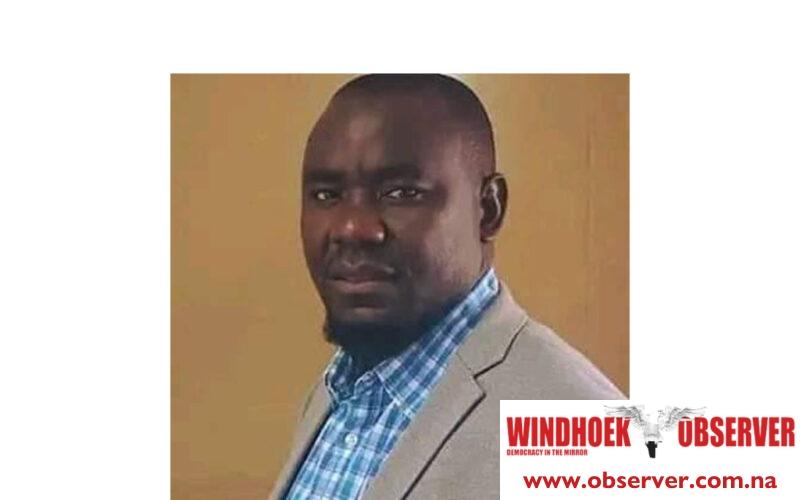Lazarus Kwedhi
The United Democratic Party’s (UDP) push for the so-called independence of Caprivi, hereafter referred to as the Zambezi Region—separating it from Namibia—is not a democratic right under Namibia’s constitutional democracy. It is, in fact, an act of treason against the Namibian state.
The Namibian Defence Force has a constitutional duty to protect the country’s territorial integrity, and it must do so without hesitation against the UDP’s secessionist attempts to divide Namibia. If not, it is a bad precedent to seek to destabilise national peace and has the potential to compromise the country’s sovereignty and territorial integrity.
The independence we enjoy today came at a great cost. It was won through the blood, sacrifice, and determination of our sons and daughters who fought against colonial and apartheid oppression.
That freedom is not to be taken lightly. Every Namibian has a moral and constitutional duty to defend not only our hard-won independence but also our national sovereignty and territorial integrity against threats from both external and internal forces.
Namibia’s boundaries are clearly defined in Article 1 of the Namibian Constitution and are recognised by the international community, including the United Nations. The Zambezi Region is part of that constitutional territory. While it is healthy to debate national issues and policy matters, anything that threatens Namibia’s sovereignty is non-negotiable.
Any individual or group seeking to remove even a single inch of land from Namibia’s internationally recognised borders is committing an act of treason. Such actions must be met firmly by the Namibian defence and security forces, judiciary, and by the Namibian people themselves.
The idea that the Zambezi Region is not part of Namibia is not new. In August 1999, the Caprivi Liberation Movement (CLM) attempted to secede through armed conflict.
The Namibian Defence Force responded decisively, restoring peace and affirming Namibia’s territorial integrity. While CLM leader Mishake Muyongo fled to Denmark and others to Botswana, many were arrested and charged with treason, charges that stand to this day.
This article is not an attempt to silence the democratic rights of UDP members as protected by Article 17 of the Constitution. Rather, it is to clarify that no democratic right includes the right to undermine Namibia’s sovereignty or its borders. The call for Zambezi Region’s “Caprivi’s” independence is not grounded in genuine democratic principle, it is politically motivated, driven by failed ambitions and personal grievances.
It is being used by some Zambezi Region’s political leaders, including those with ethnic or tribal motivations, as a means of economic and political relevance.
We must consider the historical context of Namibia’s boundaries. Namibia’s current territorial definition was agreed upon by the Constituent Assembly, where leaders from all regions, including Caprivi were present.
Mishake Muyongo and Andrew Matjila, both from Caprivi, were part of that assembly under the DTA (now PDM). Muyongo even served as a member of Parliament and DTA president, coming second to Sam Nujoma in the 1994 presidential election with 23% of the vote.
That same Muyongo and his followers are now leading a movement calling for the Zambezi Region’s separation from Namibia. But the Zambezi Region is and remains part of Namibia forever. Any attempt violent or peaceful to separate it is unconstitutional and amounts to treason, punishable under Namibian law. Article 17 does grant all Namibians equal political rights, regardless of ethnicity. However, those rights are meant to strengthen and protect Namibia’s sovereignty, not undermine it.
Losing a political contest or holding personal grudges does not justify rebellion. It does not give anyone the right to claim that their region is no longer part of Namibia. Muyongo contested to become a Namibian president, and what if he had won the 1994 elections and Sam Nujoma had then declared that Ovambo land was not part of Namibia, or if Festus Garoëb had demanded independence for Khorixas, would we be having this debate?
The secessionist demands by the UDP and its supporters are not only legally and constitutionally indefensible, they expose the bitter, selfish, and opportunistic nature of those promoting them. Anyone who supports or spreads such views poses a direct threat to Namibia’s territorial integrity and must be treated accordingly.




